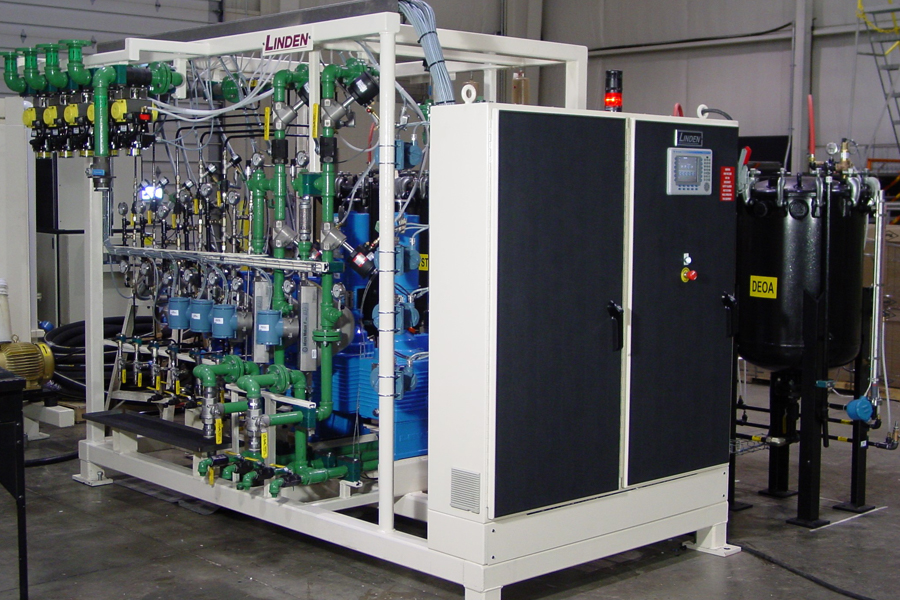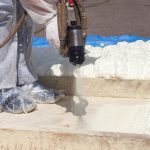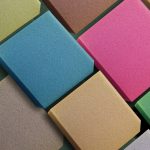How to Determine Which Pentane Blowing Agent is Right for You
Pentane is a hydrocarbon solvent that’s derived from natural gas and crude oil.
It’s used as a blowing agent in polyurethane production, meaning it helps the substance “foam up” and deliver its excellent thermal resistance value. There are three types of pentane blowing agents: n-pentane, iso-pentane, and cyclopentane. They can be used separately or mixed together, depending on your need. With so many options to choose from, how do you know which pentane blowing agent is right for you? Let’s dive into the different properties of each and determine which one is right for your application.
Mixing with consistency: Learn more about what goes into the right polyurethane mix head, and how Linden Polyurethane has options for every application.
Cyclopentane
After foaming, cyclopentane remains partially in the cells of polyurethane foam. As a cell gas, it conducts heat less effectively than air and thus offers an extremely high and lasting insulating effect.
Pure cyclopentane is mostly used in household appliances because a maximum insulating effect needs to be produced in a small space. You can also often find cyclopentane in cold storage rooms, refrigerated warehouses, and in sandwich panels.
N-Pentane and Iso-Pentane
Both N-pentane and iso-pentane have a lower insulating effect than cyclopentane. However, they have a unique advantage in that they are more stable and the individual cells are firmer and finer. This makes n-pentane and iso-pentane a common choice for residential or office building insulation. However, there is increasing pressure to meet more stringent energy efficiency requirements, which is creating a trend towards using cyclopentane instead.
When Should You Mix Pentane Blowing Agents?
Mixing pentane blowing agents is a fairly common occurrence, allowing you to benefit from different properties within each type of pentane. For example, n-pentane and iso-pentane are rarely used alone in the refrigerator industry. Additionally, the construction industry will mix n-pentane and iso-pentane for stronger, longer-lasting, and more insulating polyurethane foam.
The kind of pentane blowing agent you use will depend on your unique application. When you’re ready to compare and contrast different blowing agents, it’s best to talk to an experienced provider, like Linden Polyurethane.
Add efficiency with storage solutions: Learn more about Linden’s bulk chemical bulk and chemical blending systems.
Get Advice from the Polyurethane Experts
The skilled team at Linden Polyurethane would love to hear about your needs for a pentane blowing agent and help you determine which mix is best for your application. We’ve been supplying best-in-class polyurethane equipment to a wide range of industries for decades, and we know what it takes to create the best polyurethane for your needs.
Founded in 1985, we are a world-class designer, engineer, manufacturer, and service provider for standard and custom polyurethane processing machinery. We pride ourselves on pioneering polyurethane innovations and refining tools and equipment used by countless industries. Our capabilities allow us to seamlessly design and manufacture different types of polyurethane metering, processing, distribution, and storage systems at our facility, as well as provide repair for equipment manufactured by other organizations.
We’ll Answer Your Most Pressing Pentane Blowing Agent Questions
Want to know more specifics about pentane blowing agents? Reach out to our team here.





